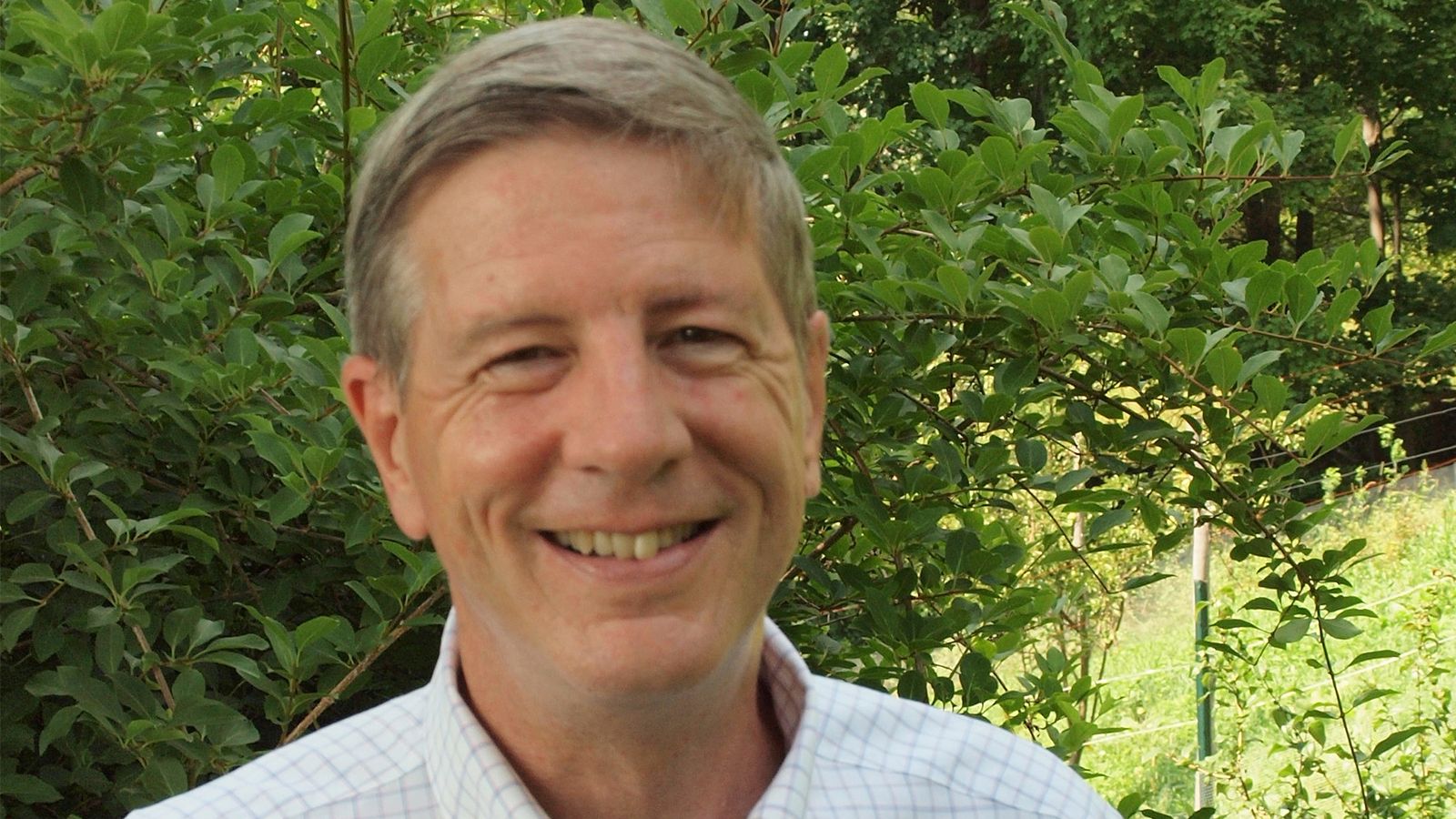In the wake of an historic Supreme Court ruling protecting gay and transgender Americans from job discrimination, we interviewed Charles Kaiser, author, journalist, and Acting Director of Hunter's LGBTQ Public Policy Center at Roosevelt House, for his thoughts on the ruling and the work of the LGBTQ Public Policy Center, among other topics.
Hunter College: Happy Pride month! The recent Supreme Court decision is a momentous one for LGBTQ Americans. Why is it important?
Charles Kaiser: This is probably the Court's most important decision for our movement since Lawrence v. Texas in 2003, when the Court ruled in a 6 to 3 decision that all laws prohibiting private sexual activity between adult homosexuals were unconstitutional. To me, it is even more important than the marriage equality decisions because it confirms a new right for all LGBTQ people—the right to keep your job, regardless of your sexual orientation or your gender. It's also the first time the Court has issued a pro-LGBTQ decision since the retirement of Judge Anthony Kennedy, who wrote all the other decisions.
As I wrote and the New York Times published earlier this month, "The ruling made clear that the current Supreme Court would continue to affirm that certain rights for LGBTQ people to life, liberty and the pursuit of happiness are indeed as unalienable as everyone else’s."
HC: You have been the director of Hunter College's LGBT Center since 2018. What work of the Center makes you proudest?
CK: The Center was founded to produce new policy ideas to enhance the status of LGBTQ people, to promote good health, and to find solutions for the problems of homelessness, especially for LGBTQ youth. I am proudest of the The Policies of Pride series we staged at Roosevelt House to celebrate the 50th Anniversary of Stonewall, which featured panels honoring everyone from Hunter alumna Audre Lorde to veteran activist Urvashi Vaid, and included appearances from Congresswoman Carolyn Maloney, former Congressman Barney Frank, former Manhattan Borough President Ruth Messinger, former State Senator Tom Duane, Professor Blanche Wiesen Cook, and Director of the ACLU Lesbian Gay Bisexual Transgender and HIV Project James Esseks, as well as trans activists including Carl Charles and Chase Strangio. Strangio represented one of the successful plaintiffs in the most recent Supreme Court case banning job discrimination against trans people.
HC: In addition to your recent Washington Post review of the book The Deviant's War: The Homosexual vs. the United States of America—an account of Frank Kameny's crusade to change the designation of homosexuality from a disease to a demographic—Hunter@Home is featuring a Zoom webinar on Mr. Kameny on July 8. What can attendees look forward to?
CK: We will highlight all of the achievements of our movement's most effective activist and try to learn which of his tactics can be most useful for activists fighting to preserve and enhance our rights today.
HC: Speaking of activists, we recently lost Larry Kramer, legendary AIDS advocate. How can we honor his legacy?
CK: Since his death, millions of Americans have celebrated his legacy by doing what he always thought was most important—going into the streets to fight for justice for each and every minority group in the land.
HC: Of course, Pride month marks the anniversary of the Stonewall riots. How do you frame their significance today?
CK: The Stonewall riots marked the beginning of the modern LGBTQ movement. Before them, there was almost no public movement at all. Within two years of those riots, there were more than a thousand new LGBTQ organizations across the nation, and then, thousands more all around the world. All of our most important victories came after the Stonewall riots, beginning with the decision of the American Psychiatric Association in 1973 that homosexuality was not a mental disorder—largely the result of Frank Kameny's work.
HC: What takeaways would you share for this year's Pride?
CK: I think the best way to celebrate our liberation this year is to focus all of our efforts on voter registration, to make sure that progressive candidates are elected to as many offices as possible in November.
As I wrote in the new introduction to the latest edition of my book The Gay Metropolis, like every gay man and lesbian alive today, and everyone else on the widening continuum of the sexual other, it has been my great good fortune to be "alive at the best time to be gay since Aristotle."


